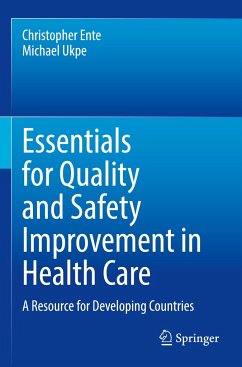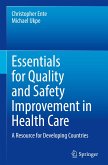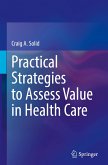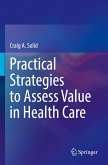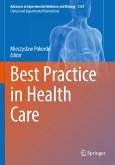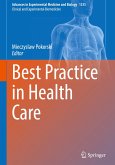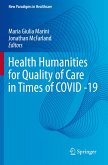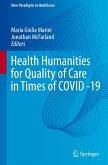Patient safety and quality improvement in health care remain a global priority. Subpar performance in health care, however, is still common more than a decade after the christening of patient safety in Africa. The core principle of safety and quality improvement systems is to identify and assess the root cause of failures in order to learn from them and devise a means to improve and to avoid recurrence. This book is designed to encourage, facilitate and empower healthcare workers in the development and implementation of strategically driven patient safety and quality improvement initiatives for safer healthcare systems and healthcare facilities in low- and middle-income countries (LMICs) of Africa. It also highlights some of the profound challenges and barriers to designing and implementing patient safety and quality improvement interventions or programmes in the region and reiterates the need to remain focused and determined to work out solutions with confidence and overcomethese barriers.
In the book, chapters highlight six essential components crucial for achieving evolutionary progress in safety and quality improvement in a healthcare system: Standard operating procedureAuditResearchSafety managementQuality managementEvaluationPractical steps in planning and conducting these six essential components are outlined with some specific features to aid learning and facilitate their implementation.
The authors have experience and expertise in the medical practice gained in Africa and a decade of knowledge and experience from consultancy work in safety and quality improvement in health care within and outside the region.
Essentials for Quality and Safety Improvement in Health Care: A Resource for Developing Countries is authored for both medical professionals and thosefrom other professions who are interested in and enthusiastic about patient safety and healthcare quality and therefore willing to build a career in this field. It is relevant toall health institutions, health and non-health workers, and can be used as a checklist while rendering quality and safe health care.
In the book, chapters highlight six essential components crucial for achieving evolutionary progress in safety and quality improvement in a healthcare system: Standard operating procedureAuditResearchSafety managementQuality managementEvaluationPractical steps in planning and conducting these six essential components are outlined with some specific features to aid learning and facilitate their implementation.
The authors have experience and expertise in the medical practice gained in Africa and a decade of knowledge and experience from consultancy work in safety and quality improvement in health care within and outside the region.
Essentials for Quality and Safety Improvement in Health Care: A Resource for Developing Countries is authored for both medical professionals and thosefrom other professions who are interested in and enthusiastic about patient safety and healthcare quality and therefore willing to build a career in this field. It is relevant toall health institutions, health and non-health workers, and can be used as a checklist while rendering quality and safe health care.

